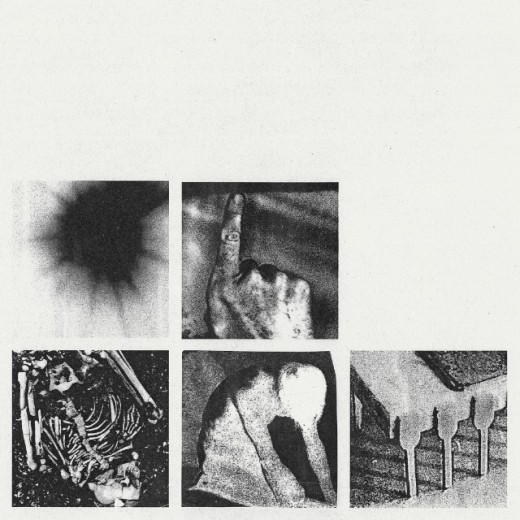Life is often polarised; Elation, devastation, swirling endlessly around us like the walls of a great hurricane. When we find ourselves in the eye of the storm serenity takes a hold, but with lengthened stays it can become stale, and we may once again crave to feel the chaotic winds around us. High as Hope, the fourth release from Florence and The Machine, is an intimate exploration of Welch’s most haphazard and vulnerable years, synchronised with homespun instrumentals and soaring vocals to magnificent effect.
To reflect is to see, and in seeing we are immediately and irreversibly bestowed with responsibility. This responsibility sits with Welch after years of hedonism gone by, and so now she seeks penance, not with urgency nor desperation, but with acceptance and knowledge of previous misgivings – Bellowing ‘Grace’, she apologises to her sister for ruining her birthday. Modest piano is bound with unassuming strings, catapulting Welch’s vocals to her usual unearthly heights. The overarching use of simple instrumentation takes precedence over the feverous and hectic styles that ran amuck in How Big, How Blue, How Beautiful, with tracks like ‘Patricia’ and ‘100 Years’ following a familiar pattern. While the flourishes are sporadic in comparison to the rest of her catalog, Welch still manages to conjure swooping instrumentals and vocals for the most ordinary of issues.
‘Big God’ is given such a treatment, written about “that feeling when someone has not replied to your text”. Synths masterfully provided by Jamie XX ensure a subdued build up, while horns by Kamasi Washington purge the residual energy and thrust her vocals to the forefront. While “ghosting” is deemed an ordinary matter, it is only so due to its unassumingly personal nature, and on this record, Welch isn’t hesitant to delve into such matters. This is particularly evident on hit single ‘Hunger’ which opens with the line “At seventeen I started to starve myself”, a bare admission of previous illness wrapped in nothing but her own conviction. This conviction and honesty develops alongside the music, extending that previous physical hunger to a psychological hunger for love and fulfilment as the piano and drums swell to meet her in harmonious ascension. While ‘Hunger’ packs a familiar punch, the album as a whole lies subdued compared to previous efforts.This deconstruction of sound, at this point in her career, is a big risk.
At a time where she could command the headline spot at any music festival around the globe, she produces her most personal and reflective work to date. At a time when people expect the next ‘Dog Days Are Over’, Welch has delved into her past and laid herself more bare than ever before. The album is a sober retrospection of her former years, and without the bottle to hand a delicate clarity presents itself, feathering the very edges of the record to a point where for some it may seem muted. This is something she is aware of however; “Happiness is an extremely uneventful subject” she speaks on ‘No Choir’, almost toying with the idea of revisiting her frenzied past.
Of course, there are moments of hedonism that she brings forth with vague, diluted pleasure. On ‘June’ she gasps “I’m so high”, recalling euphoria. This curiosity is something that follows on from their previous release HBHBHB, where on ‘St. Jude’ she states “maybe I’ve always been more comfortable in chaos”. The idea of being surrounded by turmoil is certainly nowhere near as prominent this time around however, existing only as a momentary glance at temptation, and yet within ‘Choir’ we see her subdued desire to create grandiose occasions from which she can out pen to paper.
On her most personal release to date, Welch refines her most chaotic and feverish acts into a serene penance. She apologises to those around her, but also to herself. High as Hope finds itself to be a singular daffodil that sprouts up amidst the reckless antics of the previous night. Imperturbability fills it up and Welch, sitting out on a wicker chair, acknowledges and admires it for what it is; hope, in the eye of a storm. Mitchell Goudie







